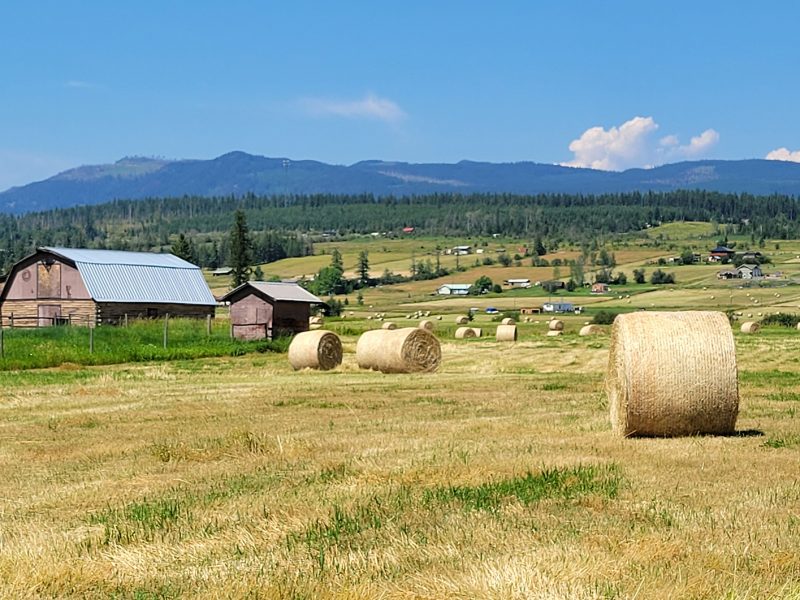The annual hearings of the province’s budget committee – formally known as the Select Standing Committee on Finance and Government Services – has picked three key funding priorities for the agriculture sector in the 2023/2024 fiscal year.
The committee’s report, issued August 11, flagged calls for greater provincial funding of agriculture, presentations regarding the importance of local agriculture in protecting both the food supply and creating opportunities for younger workers, and the importance of protecting farmland through tax classification and incentives linked to environmental programs.
“The Committee heard about the need for a general increase in agriculture spending with organizations emphasizing the importance of the sector and noting that government support in this area is significantly behind other provinces,” the report stated, noting that the BC Cattlemen’s Association felt that provincial funding has not provided the support “necessary to keep
agriculture sustainable within the province.”
The report added that the Cariboo Cattlemen’s Association said high costs, including taxes, discouraged young people from entering the industry. Gas prices and carbon taxes were singled out as one notable example.
But access to farmland was also key, with some organizations recommending increasing the revenue threshold to qualify for farm class status with BC Assessment and making classification contingent on a minimum five-year lease.
“BC Agriculture Council explained that these thresholds were established in 1995 and no longer adequately ensure that farmland is being used for agricultural production,” the report stated. “They recommended reviewing the Assessment Act to identify opportunities to ensure farmland is used for agricultural production.”
The report includes six recommendations linked to agriculture and food security, including a general call for “adequate funding” for the sector and proposing “an increase to the revenue qualifier for agricultural classification on farm parcels with a view to incentivize agricultural production and make the industry more attractive and supportive for young and new farmers.”
Two recommendations address risk management, including a “comprehensive review of insurance” for both crops and farms and the development of programs targeting the vineyard sector “to ensure BC vineyards are best positioned to support the growth and success of the industry.”


 Abuse charges recommended
Abuse charges recommended